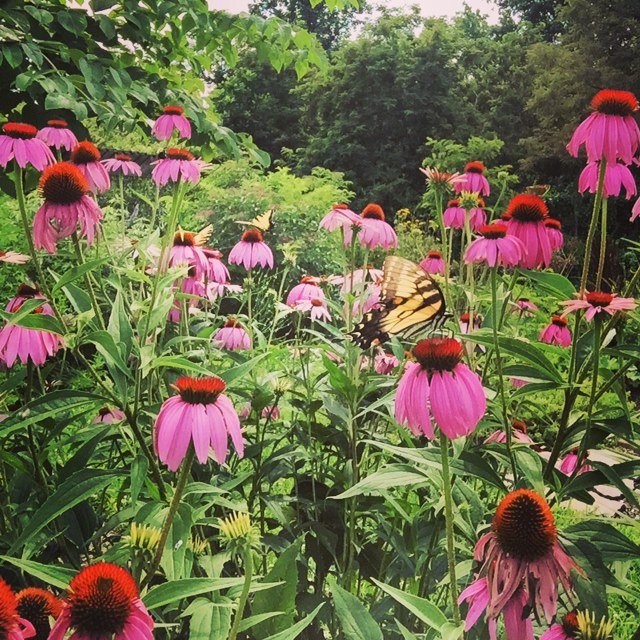Enhancing Vaccine Efficacy through Ancient Healing Practices (Part 2)
In this 3-part series, PART 1 explores Cupping + Covid-19 Vaccine, PART 2 explores Herbal Medicine + Covid-19 Vaccine, and in PART 3, we talk about misguided vaccine hesitancy in the wellness world.
PART 2: Herbal Medicine + Vaccines
Not only has a recent Rutgers University study shown that cupping therapy has the potential to enhance the effectiveness of the COVID-19 vaccine among others (which I discussed in Part 1 of this series), but multiple studies conducted over the last decade have also looked at the use of a variety of herbal medicines for similar enhancements.
Many vaccines contain adjuvants, or other added substances used to trigger an enhanced immune response. These substances usually have small degree of toxicity in order to trigger an immune reaction. Current adjuvants are generally aluminum salts or gels, whereas in the past some contained mercury. The trick with adjuvants in vaccines is to have just enough of an adjuvant to trigger a good immune response without so much as to have harmful effects. But what if we could get those effects from a harmless or even beneficial substance?
Some fascinating research has found that herbs may be able to play a role similar to adjuvants. Many immune-modulating herbs contain particular types of polysaccharides that mimic harmful substances without actually being harmful—triggering an immune response. The idea is not injecting herbs as part of the vaccine, but rather herbs taken orally around the time of vaccine administration to enhance the immune response.
There is an excellent article written by my wonderful colleague and friend, herbalist Bevin Clare, detailing some of this research. In one particular study, it was found that the polysaccharides present in the Traditional Chinese Medicine herb Astragalus membranaceus significantly enhanced the effectiveness of the Hepatitis B vaccine. Bevin also notes that taking immune tonics such as astragalus, reishi, and ginseng around the time of immunization may help enhance the effectiveness of the vaccine.
What I find particularly interesting about the way many immune tonic herbs work in our bodies is that they actually have something in common with vaccines themselves. While they are not specific antigens that cause the body to generate specific immunity to a particular virus like a vaccine does, they do work because our immune system recognizes the shape of the molecules of some of their constituents as something that looks like a potentially harmful substance, thus triggering the body to upregulate its immune response.
Stay tuned for more on this in Part 3 where I will be discussing how a better understanding the similarities between how herbal medicines and vaccines work in the body may help allay some fears of vaccine skeptics in the wellness world.

